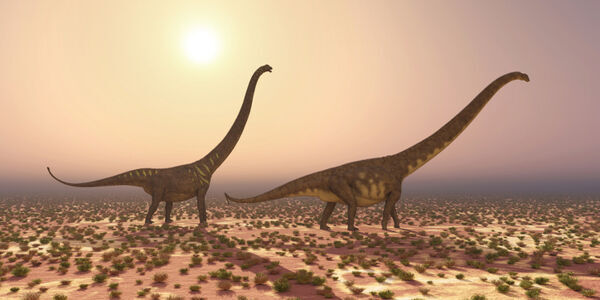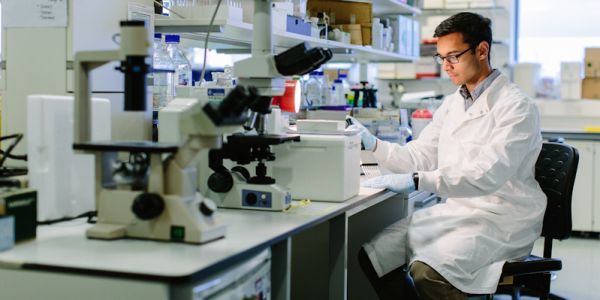
Antarctic fossils reveal creatures weren’t safer in the south
A study of more than 6,000 marine fossils from the Antarctic shows that the mass extinction event that killed the dinosaurs was sudden and just as deadly to life in the polar regions.

A study of more than 6,000 marine fossils from the Antarctic shows that the mass extinction event that killed the dinosaurs was sudden and just as deadly to life in the polar regions.

Research at the University of Leeds has identified a key gene that assisted the transition of plants from water to the land around 500 million years ago.

Researchers from the University of Leeds have taken an important step forward in mimicking nature’s prowess at protecting cells from deep-freeze conditions.

The way we drive could help us understand how animals make their way.

Researchers have used ‘network theory’ for the first time to visually depict the movement of dinosaurs around the world during the Mesozoic Era – including a curious exodus from Europe.

The significant impact of Leeds’ research will be showcased before judges from the Biotechnology and Biological Sciences Research Council (BBSRC) this week.

Nobel Laureate Professor Michael Levitt is to speak at the University on Tuesday 12 April as part of the first ‘Astbury Conversation’.

Scientists from the University of Leeds have solved a 25-year-old question about how a family of proteins allow bacteria to resist the effects of certain antibiotics.

A mathematical model developed at the University of Leeds could make it possible to design safer versions of the ‘fast ships’ used in many vital offshore operations.

A research team led by the University of Leeds has observed for the first time how HIV and Ebola viruses attach to cells to spread infection.